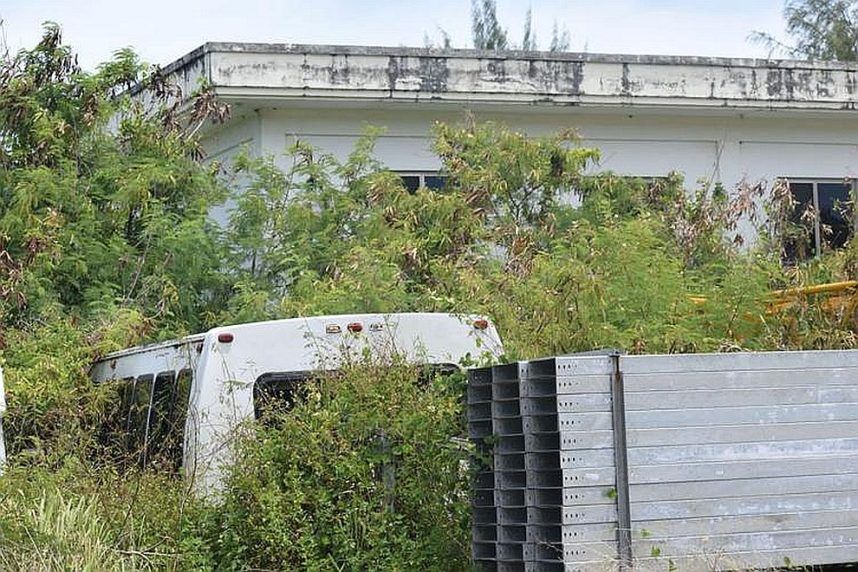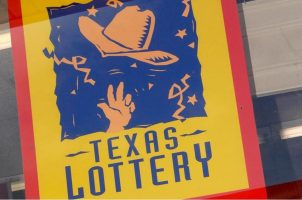Saipan Failed Casino Brings More Bad News to Imperial Pacific International
Posted on: June 26, 2023, 07:52h.
Last updated on: June 26, 2023, 11:13h.
Imperial Pacific International (IPI), the company behind the failed Imperial Palace casino project in Saipan, hopes to receive some good news soon regarding its exclusive gaming license. In the meantime, it will have to continue dealing with bad news. Two separate cases will cause it more financial grief, despite the fact that it has no money.

IPI has been fighting with officials in the Commonwealth of Northern Mariana Islands (CNMI) — including its courts and gaming regulator — for years over its ineptitude. Court-ordered arbitration recently wrapped up. But there hasn’t been a decision on what will happen next.
The Imperial Palace Casino, which never completed its build-out, remains closed, leading to concerns over its structural integrity and environmental contamination. It’s in the hole for tens of millions of dollars, not including any costs to bring the property up to code, and is soon going to be further diminished.
IPI To Lose Vehicles to Pay Off Debt
Last week, a CNMI court judge approved a request by the US Marshals Service to be able to seize IPI vehicles. The complete inventory of the seizure isn’t known. But Marianas Variety reported that the list includes heavy equipment that IPI purchased for the Imperial Palace’s construction.
The seizure is part of a larger settlement the court approved to settle a lawsuit against IPI by construction company USA Fanter. The casino operator had failed to pay it over $2.1 million, leading to the suit.
That resulted in a series of auctions of casino equipment, including slot machines, gaming machines, and more that are still taking place. However, the total accumulated is less than what IPI owes, and the new vehicle asset seizure will help close the outstanding gap.
IPI didn’t help itself in the case with USA Fanter. It tried to disparage the company through a series of press releases a few years ago that led to a defamation lawsuit.
That added another $500K to USA Fanter’s bill after a court judge upheld the suit. While IPI has paid down some of the bill, it hasn’t gone far enough.
The vehicles that are to be seized have a value of around $1.05 million, but that’s based on their 2021 values. Because the equipment, much like the casino, has sat unused for so long, it will have deteriorated in the salty air that permeates the CNMI.
Worker Lawsuit to Continue
The fight with USA Fanter is one of the longest-running in the IPI saga, but there’s another that is even older. A legal battle over worker discrimination refuses to go away.
IPI has already lost several discrimination cases, including one against former executive Joshua Gray that cost it $5 million. The company hoped to dismiss a suit by a group of Turkish workers suing it for discrimination, but has failed, according to the Saipan Tribune.
The workers have already found some relief in this particular battle. The group had sued twice, but IPI convinced a judge to dismiss both. However, each time the judge left the door open for the plaintiffs to amend their complaint.
IPI tried to get the judge to dismiss this third amendment and failed. That means the legal headaches will continue at least through the end of the year, more than five years after they began.
At the heart of the lawsuit is the pay workers from different countries received, one of the problems that set off the firestorm years ago. The plaintiffs discovered, for example, that workers from Taiwan were making three times what they earned for doing the exact same job. Italians earned nearly four times as much.
The lawsuit includes three Turkish workers, but could grow bigger. It could become a class-action suit involving 107 Turkish employees, and a class-action nightmare for IPI.
Related News Articles
Imperial Palace Asset Auction Begins as Company Fights to Keep License
Casino Regulator Demands Payment from IPI as Asset Auctions Continue
Most Popular
Mega Millions Reportedly Mulling Substantial Ticket Price Increase
NoMad Hotel to Check Out of Park MGM on Las Vegas Strip
Most Commented
-
End of the Line for Las Vegas Monorail
— April 5, 2024 — 90 Comments -
Mega Millions Reportedly Mulling Substantial Ticket Price Increase
— April 16, 2024 — 9 Comments -
Long Island Casino Opponents Love New York Licensing Delays
— March 27, 2024 — 5 Comments
















No comments yet